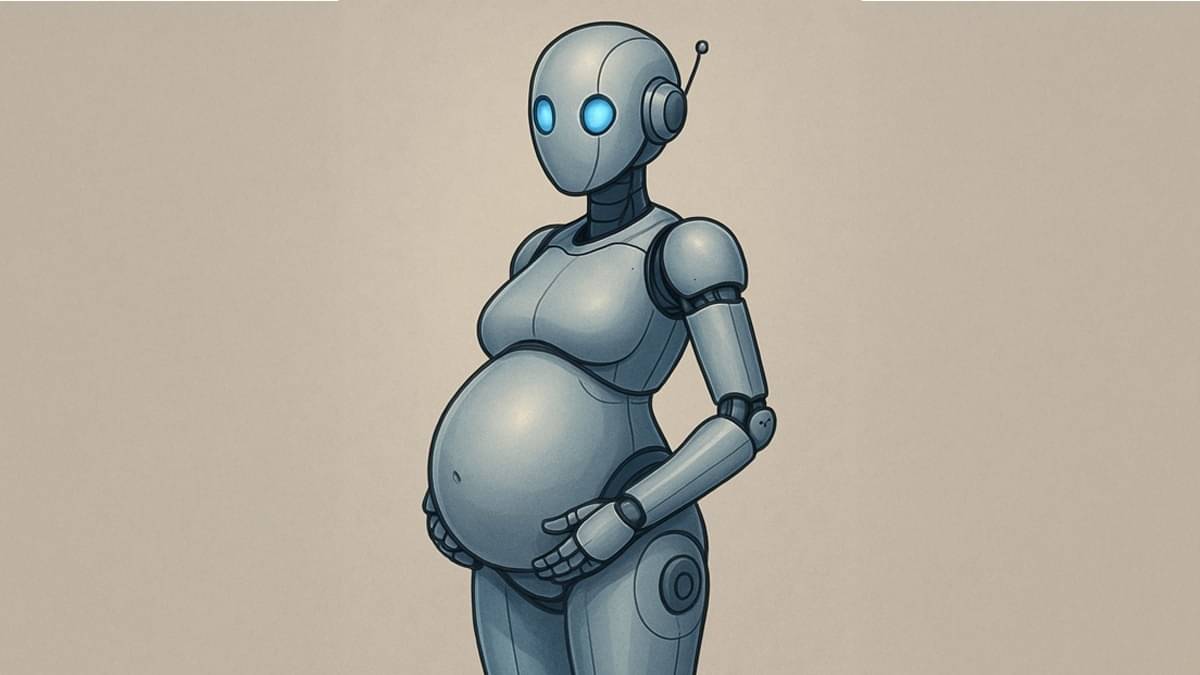Imagine a day when a robot might be able to carry a baby for nine months and deliver it safely. In what could be one of the biggest stories of AI transforming human science, researchers in China are developing a pregnancy humanoid robot which would actually experience pregnancy, including an artificial womb that can sustain life until the time of birth.
The world’s first “pregnancy robot” is being developed, led by Dr Zhang Qifeng, a scientist from Nanyang Technological University in Singapore, based on reports from Chinese technology media. This humanoid is different from incubators for premature infants in that it is set to mimic the entire process of pregnancy, starting right from conception to birth. The baby for the entire gestation period will grow and be nurtured in the tech womb of this humanoid.
The core of this project is the artificial womb technology. Within the robot’s belly, an artificial womb charged with artificial amniotic fluid will mimic the human womb, offering an ideal setting for a foetus to develop. Nutrients would be delivered via an attached tube, replicating how a placenta nourishes a baby in a natural birth.
“The artificial womb technology is already in a mature stage, and now it needs to be implanted in the robot’s abdomen so that a real person and the robot can interact to achieve pregnancy, allowing the foetus to grow inside,” Dr Zhang was quoted by a media outlet.
Zhang also said that it is not a completely new concept and that scientists in the past have successfully cultivated a premature lamb inside a “biobag,” an early concept of the artificial womb. The lamb lived, grew wool, and demonstrated the promise of this technology. Dr. Zhang’s team is taking this tech a step ahead from lambs in bags to humanoid robots that can support life.
The pregnancy robot should have its prototype ready by next year, with the estimated cost being around 100,000 yuan (approximately Rs 12.96 lakh).
Naturally, such an innovation sparks significant ethical and legal issues. Would society welcome babies from robots? Dr Zhang disclosed that talks are already in progress with Guangdong Province authorities, with drafts for policy and legislation being prepared.
If it works, this experiment has the potential to revolutionise not just medical science but also our notions of family, fertility, and even the definition of birth.

